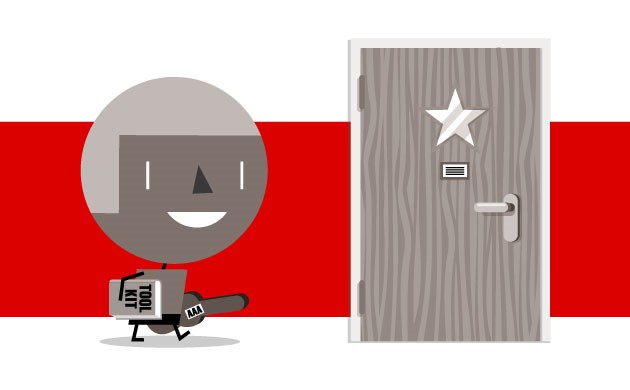5.4 Self-Publishing Your Music
Back to the Composer’s Toolkit main page
Self-publishing
Music is published as soon as it is in the public domain. This means if you have produced a score and have put a downloadable PDF version of it on your website, you have published your work. Self-publishing can be hard work – you will need to complete the tasks a publisher would do for you – but you will have complete control over your work and you will keep all income.
The two main factors in successful self-publishing are the ability to produce good quality performing materials (to keep performers happy) and the ability to spread the word about your music to key people in the industry (to create performance opportunities).
The most time-consuming part of self-publishing is the production of scores and parts, as you will have to copy, print and bind the material yourself. If you do so at home it would be prudent to invest in a quality binding machine. If you are still at college (or teaching there) you might be able to use their reprographics department. Other organisations like the Scottish Music Information Centre or Composers Edition will produce material for you, but this will incur upfront costs and there are conditions for joining. In general, the workload for producing chamber music material yourself should be manageable; for larger-scale works, you could use a music reprographics company (e.g. Old Acres) and pass the costs on to the performers.
You might compose the most interesting and innovative music but unless you make performers and promoters aware of your work, it will not get performed. Therefore, promotional work should be a regular feature in your schedule. Take time to update all online information and not only write but follow-up on correspondence. From writing speculative letters via Facebook promotions to sending out an e-newsletter, there is much you can do to make yourself known amongst key people in the industry.
The biggest challenge for you as a self-publishing composer is probably the myriad of tasks you will have to be on top of. At any one time, you might have to complete your composition to a deadline whilst taking care of financial administration, copying and binding a score on request, registering a new work with PRS, and preparing and sending a newsletter about an upcoming premiere. However, ring-fencing time for composing and honing your time-management skills will ensure that your work as a self-publishing composer will be successful and rewarding.
Previous: ← Releasing Your Recorded Music Yourself
Next: → Protecting Yourself


